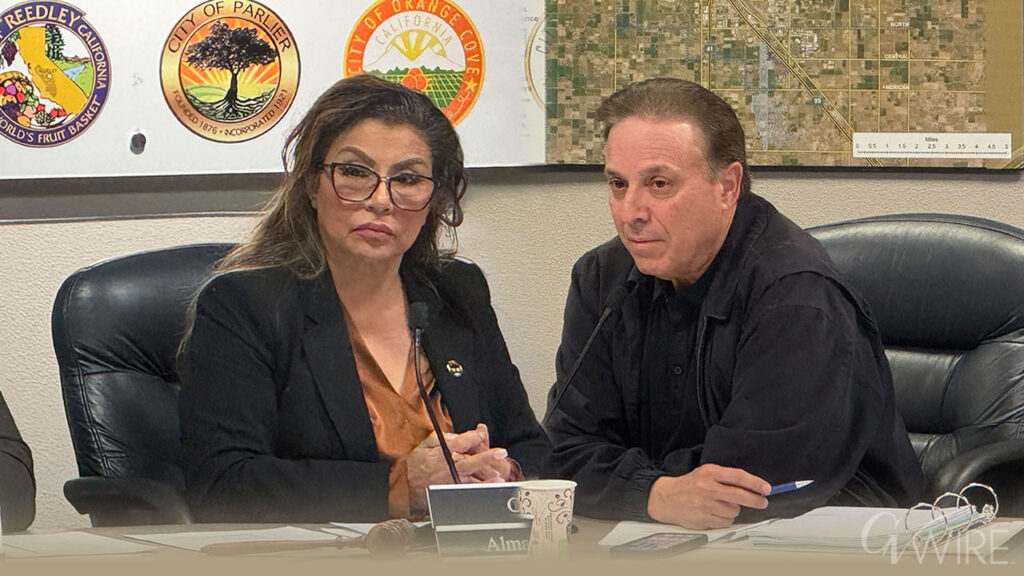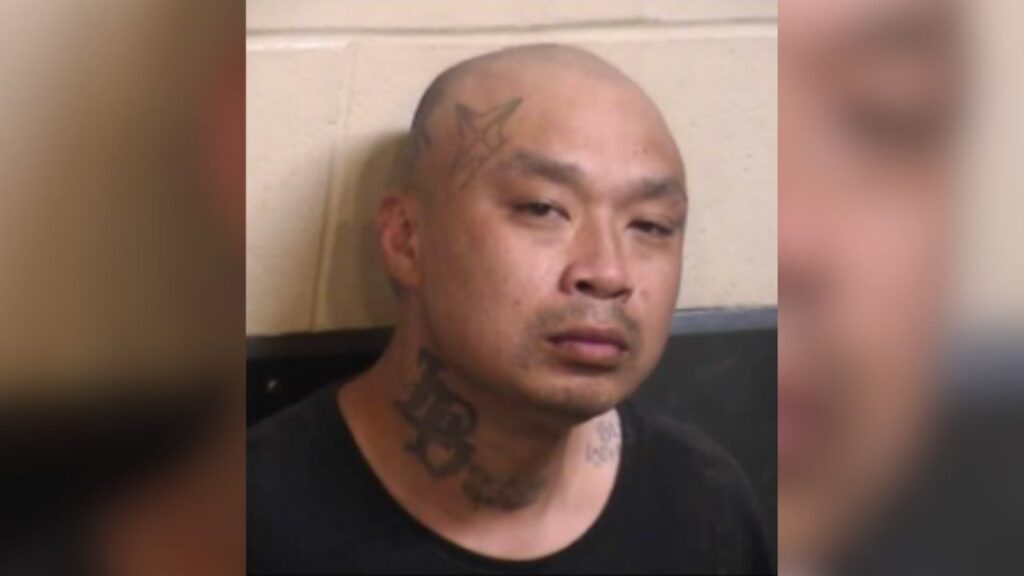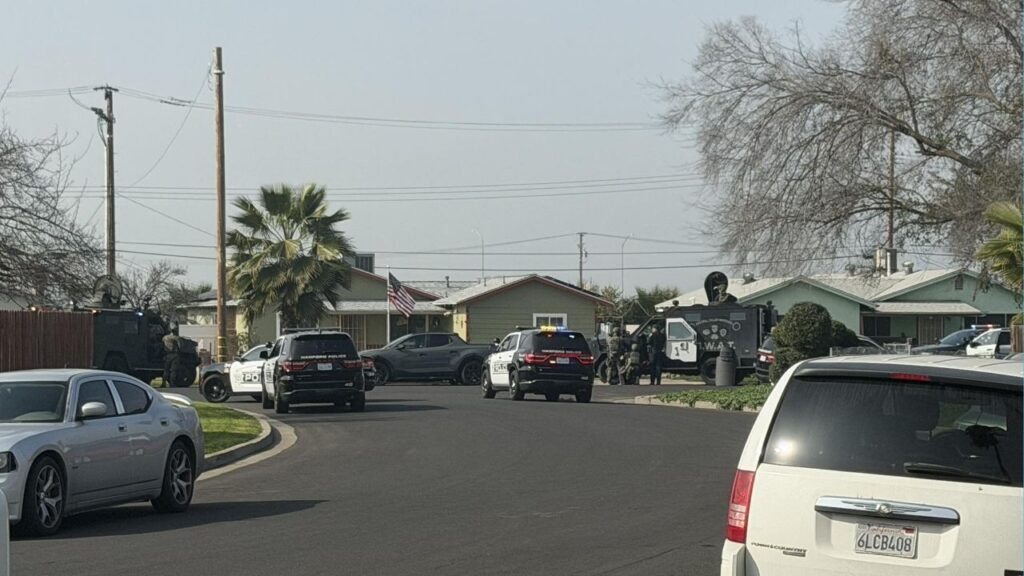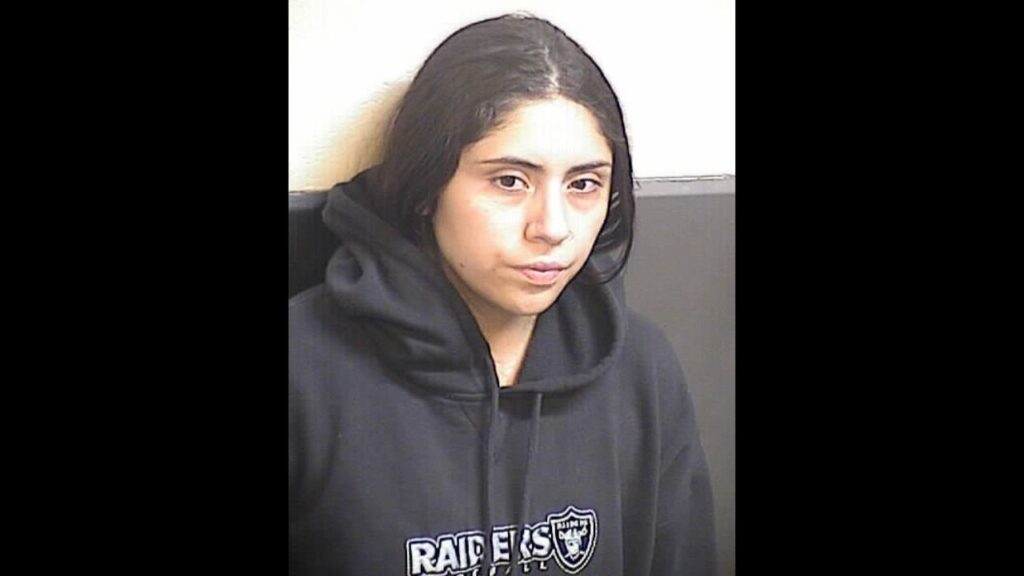Share
|
Getting your Trinity Audio player ready...
|
Two bills pending in the California Legislature would expand the role of teenagers in treating both themselves and others for addiction and overdoses.
They are among more than two dozen fentanyl-related bills introduced this year by legislators in the Senate and Assembly a recognition of the ever-worsening problem that the opiate, which can be deadly when used inappropriately, is for Californians.
Most of those bills, including ones introduced by Assemblymembers Jim Patterson, R-Fresno, Esmeralda Soria, D-Fresno, and Sen. Shannon Grove, R-Bakersfield, died in committee.
Senate Bill 325, authored by Grove, would have added three to five years of jail or prison time for defendants convicted of selling or distributing “rainbow” fentanyl, which is designed to look like candy and could pose special harm to children.
Assembly Bill 915, authored by Assemblymembers Dr. Joaquin Arambula, D-Fresno, and James Ramos, D-San Bernardino, would require the California Department of Public Health to establish a training and certification program for high schoolers in grades 9 through 12 to learn how to administer naloxone hydrochloride in the event of an opiate overdose. The training program would be established by March 2025 but would be voluntary for schools to implement.
The Assembly passed AB 915 on May 25 on a bipartisan vote of 78-0, with two members not voting.
No Parent Consent Needed?
Also before the Senate is Assembly Bill 816, authored by Assemblymember Matt Haney, D-San Francisco, that would allow teens as young as 16 to independently consent to being treated with buprenorphine, also known by its trade name Suboxone, for opiate addiction.
The U.S. Food and Drug Administration has approved Suboxone for individuals age 16 and older. Under current state law, teens need parental consent for opiate treatment unless they are at least 18 years old.
Under AB 816, mental health professionals prescribing to teens would still need to seek parental consent unless they determined that it is not appropriate to notify the parent or if the parent isn’t part of the teen’s life.
Close Supervision Essential
Flindt Andersen, founder and president of PAIN (Patients and Addicts in Need) and CEO of the New Perceptions North Treatment Center in Fresno, calls Suboxone “a fantastic drug for detox purposes,” but said he’s not a fan of AB 816.
Suboxone requires close supervision because prolonged usage can also lead to addiction, Andersen said.
An addict who starts using opiates again too soon after stopping Suboxone could wind up overdosing if residual amounts of Suboxone block the addict from feeling the expected high, he said.
Suboxone is supposed to be prescribed when addicts are in full withdrawal, but that’s a problem in California because there are only a few facilities here equipped for teen addicts who are being treated and going through withdrawal from drugs, he said.
Andersen said he could see some situations where a 16-year-old or 17-year-old should be allowed to give consent instead of requiring consent from their parents, but “a lot of it would definitely depend on how much or how many opioids they were taking to begin with, if they were neck-deep in their addiction somewhere, and they’ve been using for two or three years.”
As of Monday AB 816 was pending before the Senate Judiciary Committee, while AB 915 was awaiting a Senate committee assignment, according to the California Legislation Information website.
RELATED TOPICS:
Categories

Bredefeld vs. Beltran? Arguments at COG Turn to Bulls—!


















